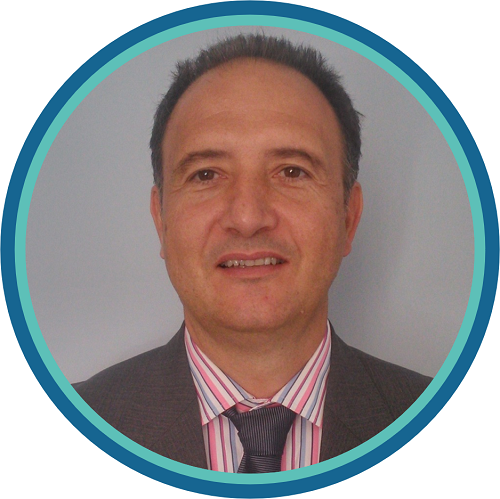
Emilio Nieto Gallego
Plenary Speaker
Education and training
Master on Business Administration (MBA)
Internal master on business administration developed by IE for the company.
Instituto de Empresa (IE) & Técnicas Reunidas (TR) Madrid (Spain)
Official Certified Technical Expert on H&S / Master on Integrated Systems (QEH&S)
Health and Safety (three specialties: applied ergonomic, work safety, industrial hygiene) Quality, Environment, and Health & Safety Integrated Systems
Instituto Nacional de Seguridad e Higiene del Trabajo (INSHT) & CFE Madrid (Spain)
Cum Laude PhD
PhD Chemistry: ”Thick and Thin Film Preparation and Characterization of Ferroelectric Ceramic Materials in the System PbO ZrO2-TiO2 (PZT)”
Universidad Autónoma de Madrid (University) Madrid (Spain)
Level in national or international classification ISCED 6
BSc Chemistry
Universidad Complutense de Madrid (University) Madrid (Spain)
Level in national or international classification ISCED 5

Gerardine G. Botte Ph.D.
Invited Speaker
Professor and Whitacre Endowed Chair in Sustainable Energy, Chemical Engineering
Whitacre College of Engineering
Director, CASFER (NSF Engineering Research Center)
Director, Institute for Sustainability and Circular Economy
Texas Tech University, Lubbock TX
Gerardine (Gerri) Botte is a Professor and Whitacre Endowed Chair in Sustainable Energy at Texas Tech University (TTU) and the Founding Director of the National Science Foundation (NSF) Engineering Research Center for Advancing Sustainable and Distributed Fertilizer Production, CASFER, a $51million investment of the NSF plus an infrastructure that leverages a vibrant innovation ecosystem and institutional support of five partner academic institutions. She is also currently leading a new initiative at TTU for sustainability and circular economies, under a recently established Institute at TTU. She served as the Whitacre Department Chair in Chemical Engineering at TTU for three years before becoming CASFER Director. In her tenure as Department Chair, she was instrumental in the implementation of curricula changes and the significant growth and record in research and restrictive research expenditures in the department. Gerri has over 26 years of experience in the development of electrochemical processes as they related to the intersection of energy, water, and food sustainability. She is a visionary and a recognized leader in electrochemical science and technology. She has served in leadership roles for both the International Society of Electrochemistry and the Electrochemical Society and is currently the President the Electrochemical Society (2023-2024). In 2023, she was elected a member of the National Academy of Science of Venezuela, in 2014, she was named a Fellow of the Electrochemical Society for her contributions and innovation in electrochemical processes and engineering. She became a Chapter Fellow of the National Academy of Inventors in 2012. Dr. Botte has 220 publications including peer-reviewed journals, book chapters, 62 granted patents, and 37 pending patents. Dr. Botte and members of her research group are working on the foundation of applying electrochemical engineering principles for advanced and sustainable manufacturing, process intensification, food/energy/water sustainability, and nanomaterials with expertise in electro-synthesis, batteries, electrolyzers, sensors, fuel cells, mathematical modeling, and electro-catalysis. Dr. Botte is also an entrepreneur, she has been involved in the commercialization of technologies, has founded and co-founded companies, and serves as member of the board of directors in several companies. She received her Ph.D. in 2000 (under the direction of Dr. Ralph E. White) and M.E. in 1998, both in Chemical Engineering, from the University of South Carolina. Prior to graduate school, Dr. Botte worked as a process engineer in a petrochemical plant; she was involved in the production of fertilizers and polymers. Dr. Botte received her B.S. in Chemical Engineering from Universidad de Carabobo (Venezuela) in 1994. She can be reached at Gerri.Botte@ttu.edu
https://www.casfer.us https://www.ceti-lab.com
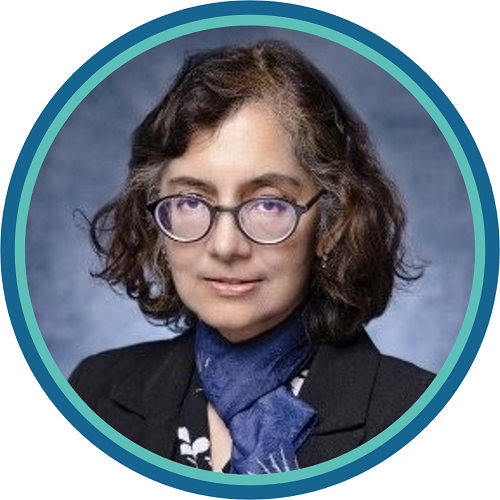
Dr. Sunita Satyapal
Dr. Sunita Satyapal is the Director for the U.S. Department of Energy's (DOE's) Hydrogen and Fuel Cell Technologies Office and coordinates activities across offices for the U.S. DOE Hydrogen Program.
She is responsible for more than $1.6 billion in hydrogen and fuel cell research, development, demonstration, and deployment activities within the office and for coordinating more than $9.5 billion in hydrogen activities across DOE.
She has more than two and a half decades of experience across industry, academia, and government, including at United Technologies managing research and business development, and as a visiting professor.
She also coordinates international hydrogen activities as Vice-Chair of the International Partnership for Hydrogen and Fuel Cells in the Economy, a partnership among over 20 countries to accelerate progress in hydrogen and is the U.S. co-lead for hydrogen efforts within the Clean Energy Ministerial and Mission Innovation.
She received her Ph.D. from Columbia University and did postdoctoral work in Applied and Engineering Physics at Cornell University. She has numerous publications, including in Scientific American, 10 patents, and a number of recognitions including two Presidential Rank Awards.
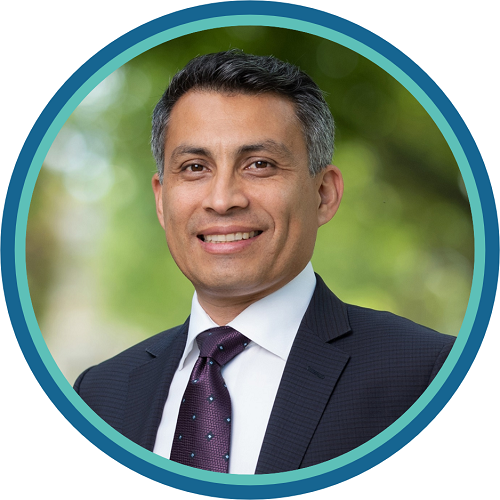
Walter Mérida, PhD, PEng, FCAE
Professor of Mechanical Engineering
Associate Dean, Research and Industrial Partnerships
Faculty of Applied Science
The University of British Columbia, Vancouver, Canada
Walter grew up in Guatemala, attended the United World College in Italy, and finished university in Canada. He is a thought leader, inventor and international speaker who works on hydrogen technologies, energy systems and climate action for cities and communities.
Walter began his career in 1996, managing projects with Ballard Power Systems, British Gas Investments Canada and academia. He was a founder and director for General Hydrogen Corporation, and in 2016, he co-founded Innovative Breakthrough Energy Technologies: a venture studio addressing market gaps in climate solutions. He has worked at the Canadian Institute for Fuel Cell Innovation, and at the Fraunhofer Institute for Solar Energy Systems, in Germany.
At UBC, Walter has served as director for the Clean Energy Research Centre, as Senior Climate Advisor to the President and Vice-Chancellor, as co-Chair of the Climate Emergency Taskforce, and as a delegate to COP meetings. Currently, he is a Professor of Mechanical Engineering and the Associate Dean of Research and Industry Partnerships in the Faculty of Applied Science. Walter is a Fellow of the Canadian Academy of Engineering, and he has extensive Board experience including work with the Canadian Hydrogen and Fuel Cell Association and the Climate Change Advisory Board for Toronto Dominion Insurance.

Dr. Huyen Dinh
Dr. Huyen N. Dinh (she/her) is the director of HydroGEN Energy Materials Network (https://www.h2awsm.org), a consortium of several U.S. Department of Energy national laboratories that accelerates research and development of innovative and advanced water splitting materials and technologies for clean, sustainable, and low-cost hydrogen production. Dr. Dinh is the manager for the Electrosynthesis and Fuel Storage Science and Engineering Group and the Electrons to Molecules lead for Materials, Chemicals, and Computational Science Directorate at the National Renewable Energy Laboratory (NREL).
Dinh earned her bachelor's degree in applied chemistry in 1993 and her doctorate in electrochemistry in 1998 at the University of Calgary in Alberta, Canada. She did her postdoctoral research at Los Alamos National Laboratory in New Mexico. ORCID ID#: https://orcid.org/0000-0002-0284-8203. She is a co-lead of the Asian Employee Resource Group (ERG), has been active in the Women’s Network ERG for many years, and has mentored many students. These volunteer activities are part of her on-going work towards a diverse, equitable, and inclusive workplace.

Professor Bruno G. Pollet
Professor Dr. Bruno G. Pollet is director of the Hydrogen Research Institute (HRI), Université du Québec à Trois-Rivières (UQTR) in Canada, he is a member of the Council of Engineers for the Energy Transition, An Independent Advisory Council to the United Nations’ Secretary-General and the Council’s Hydrogen Task Force leader. He is also member of the United Nations Economic Commission for Europe (UNECE) “Hydrogen Task Force” as well as a member of the International Energy Agency (IEA) Hydrogen Technology Collaboration Program “Renewable Hydrogen Task Force”. He is President of the Green Hydrogen Division of the International Association for Hydrogen Energy (IAHE), member of the Board of Directors of the IAHE, the Canadian Hydrogen and Fuel Cell Association (CHFCA) and Hydrogène Québec.
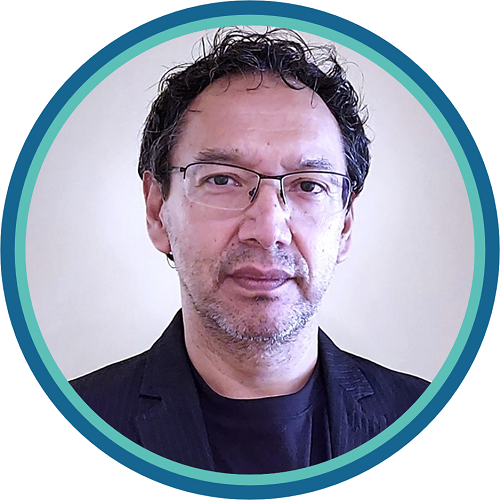
Dr. Ulises Cano Castillo
Dr Ulises is responsible for the development of clean hydrogen production new technologies at the Engineering Company SENER in Bilbao, Spain. He has more than 35 years of experience working with Electrochemical Energy Systems, including Batteries, Fuel Cells and Electrolysers and their applications, particularly clean electric transportation. Together with his working team he developed a green hydrogen production system at real scale, 1m3 H2/h, already in 2003. Since then he conducted several projects on hydrogen vehicles applying fuel cells own technology at INEEL, Mexico. Dr Cano’s background is on Chemical Metallurgy Engineering and did his D.Phil studies in the University of Oxford. He is co-founder of the Hydrogen Mexican Society and was Mexican representative to the Advanced Fuel Cells Technology Program of the International Energy Agency for more than fifteen years.
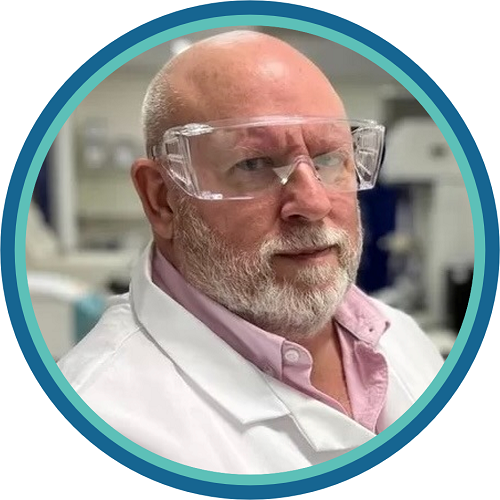
Professor Tim Mays
Tim Mays, TM, is Professor of Chemical and Materials Engineering at the University of Bath (UoB), UK. He is a PhD graduate of the UoB, Chartered Engineer (CEng), Chartered Physicist (CPhys), Member of the Institute of Physics (MInstP), Fellow of the Institution of Chemical Engineers (FIChemE) and Fellow of the Royal Society of Chemistry (FRSC).
He has over 29 years’ experience as academic at the UoB (Lecturer, Senior Lecturer, Professor) with a strong research focus on sustainable energy and materials including novel nanoporous solids for fuel gas (especially hydrogen) storage and wide teaching experience across the Chemical Engineering curriculum.
TM’s research has led to over 160 published outputs, including 72 in peer-reviewed, international journals, and he has led 15 PhD students to graduation. He has an H-index of 24 and his research has been cited over 2,300 times (Web of Science, 2024).
TM has been an investigator on 43 research grants and contracts amounting to a total of over £55M, 22 as Principle Investigator, mainly from EPSRC, the EU and industry.
He is Principle Investigator andDirector of the EPSRC-funded UK Hub for Research Challenges in Hydrogen and Alternative Liquid Fuels (UK-HyRES, 2023-8, £10.7M, https://www.ukhyres.ac.uk). This has secured additional leveraged funding of over £15.3M from industrial, civic and other partners and the Hub’s core universities resulting in a total investment of over £26.0M.
He is also Principal Invesitgator and Co-Director of GW-SHIFT (Great Western Supercluster of Hydrogen Inpact for Future Technologies), an EPSRC Place Based Impoact Acceleration Account (2024-8, £2.7M, https://www.bath.ac.uk/announcements/2-5-million-funding-announced-for-bath-led-gw-shift-hydrogen-supercluster-project/) to eslablish a hydrogen ecosystem in the South West of England and in South Wales. The project has over £1.7M additional support from regional civic and industrial partners resulting in a total investment of over £4.4M.
TM was awarded the 2023-4 UoB’s Vice-Chancelleor’s Research Medal in recognition of his sustained research excellence and impact.
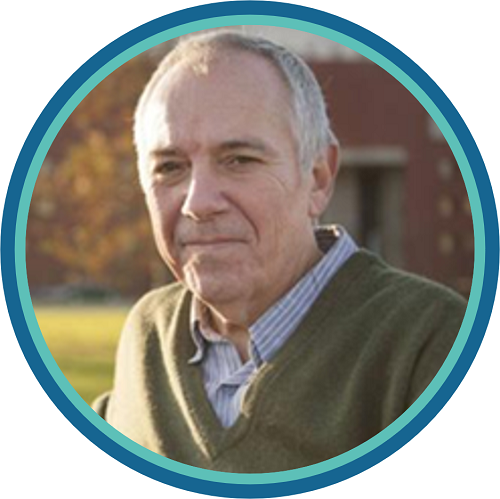
Profr. Dr. Ángel Irabien Gulías
In the last 10 years he has been invited to many International Congresses as member of the scientific committees, organizing committees, Keynote Lecturer, or Plenary Lecturer; more than 200 papers in Q1 scientific Journals have been published and more than 20 international, national and regional research projects have been carried out. A research stay as Academic Visitor (Madariaga Grant, 2015) in the Department of Engineering Science (University of Oxford) was applied to develop new tools for the assessment of sustainable engineering, a hot topic now, where carbon capture storage and utilization plays an important role in his research.
Departamento de Ingenierías Química y Biomolecular, Spain


